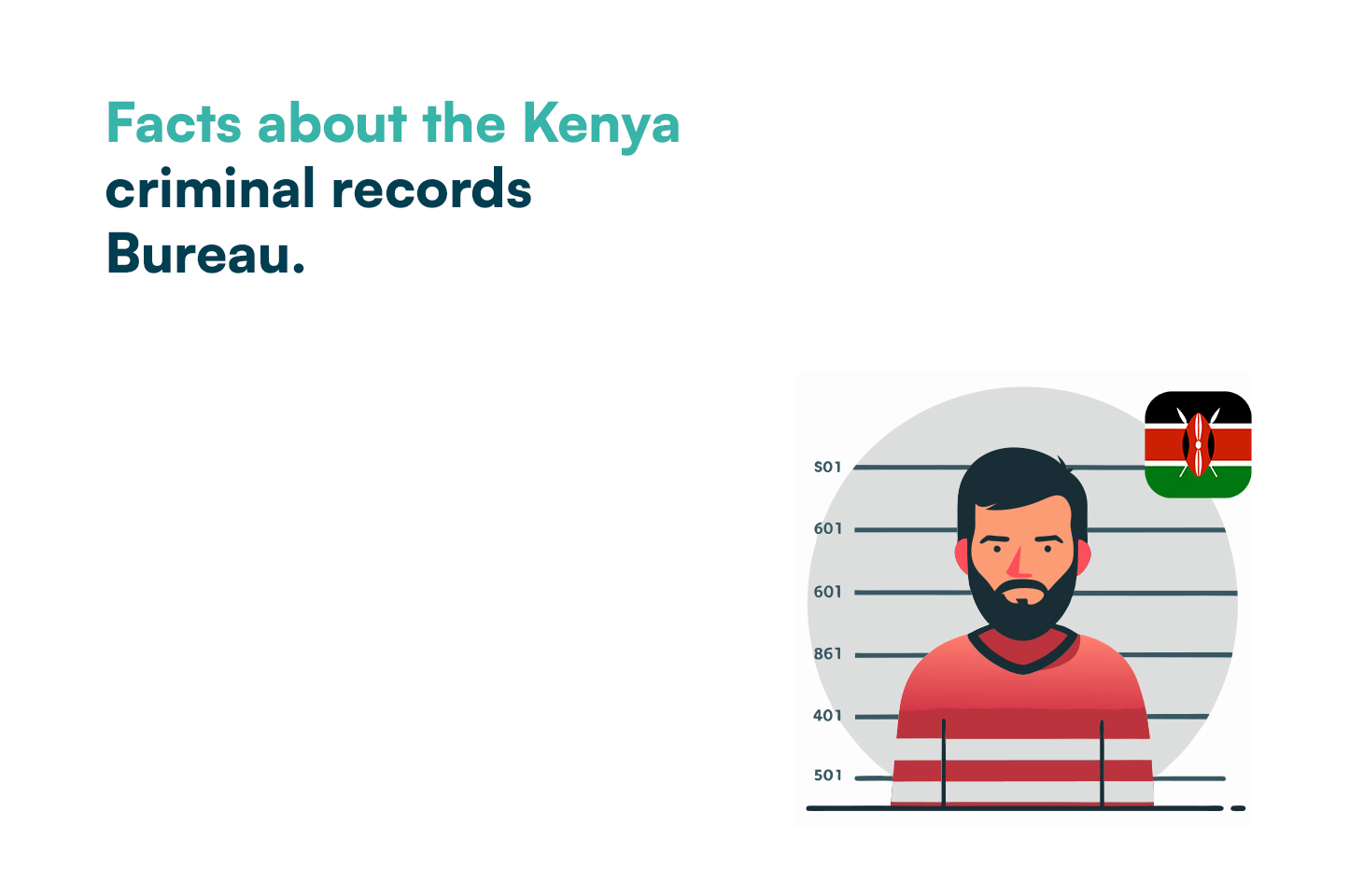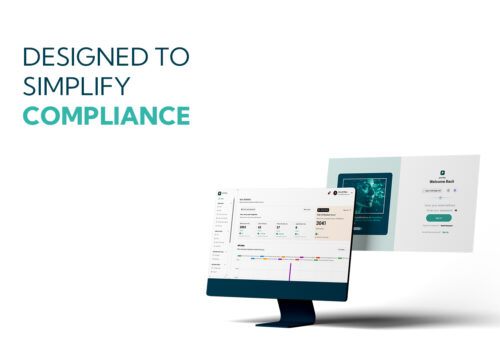In Kenya, background checks are a vital component of the hiring process and corporate compliance to ensure that potential employees, business partners, and other stakeholders do not pose any risks. You need to understand the various elements involved in background checks, including the roles of specialised agencies, the legal landscape, and the appropriate methods for verification. This article outlines the key processes from utilising the Kenya Criminal Records Bureau to interpreting background check reports, and provides actionable steps for conducting ethical and effective investigations. This knowledge will empower you to protect your organisation while adhering to regulatory standards.
Understanding the Kenya Criminal Records Bureau’s Role in Background Checks
The Kenya Criminal Records Bureau (KCRB) plays a central role in providing vital criminal history information during background checks. The bureau maintains a repository of criminal records, ensuring that the data is accessible for verification purposes. This is essential for you to gauge if an applicant might pose a risk to your organisation.
Functions of the Kenya Criminal Records Bureau
The KCRB is responsible for recording, updating, and safeguarding criminal records. It processes requests, runs background verification checks, and helps in establishing the criminal history of individuals. Their comprehensive databases support both public safety and corporate decision-making.
How the Kenya Criminal Records Bureau Supports Background Check Processes
The bureau provides detailed criminal records that help you assess the credibility of potential hires. KCRB ensures that the data is current and authentic, making it a reliable source for background screening. This function allows companies to reduce risk when confirming applicant histories.
Obtaining Information From the Kenya Criminal Records Bureau for a Background Check
You can request information by submitting formal applications along with consent forms. The KCRB follows a structured process to release records, ensuring data accuracy. This procedural approach gives you confidence that the background information is reliable.
Limitations of the Kenya Criminal Records Bureau Data in Background Checks
While the KCRB is a dependable source, its records might not capture minor infractions or recent offences pending court decisions. It is essential for you to complement KCRB data with additional sources such as court records and personal references for a comprehensive profile.
Legal Framework Governing Background Checks in Kenya
The legal framework in Kenya governs how background checks should be conducted while balancing the rights of individuals against security needs. This framework includes various pieces of legislation which set the parameters for data collection, storage, and usage.
Key Legislation Impacting Kenyan Background Checks
Key laws, such as the Employment Act and the Data Protection Act, define the responsibilities of organisations during background checks. These statutes ensure that data is obtained fairly and used appropriately.
Data Protection Act Considerations for Background Checks
The Data Protection Act mandates that personal information must be handled securely and with proper consent. You are required to make sure that applicants’ data is protected during the screening process to safeguard their privacy.
Employer Obligations During a Background Check in Kenya
Employers must follow transparent procedures, obtain the necessary consents, and only use the information for legitimate business purposes. This prevents legal disputes and reinforces company accountability.
Permissible Scope of a Background Check in Kenya
Background checks must be limited to relevant aspects such as criminal history, employment records, and educational qualifications. Overextending the scope can infringe upon personal rights and lead to legal complications.
Conducting an Effective Background Check in Kenya
Conducting a comprehensive background check in Kenya involves multiple steps to verify an individual’s history. It is crucial for you to implement standardised procedures and use reputable service providers for accuracy.
Steps to Initiate a Background Check in Kenya
Start by obtaining explicit consent from the individual, followed by collecting necessary information such as identification documents, employment history, and academic records. This foundation sets the stage for a reliable check.
Verifying Information During a Kenyan Background Check
Each piece of data should be cross-verified with multiple sources. For example, criminal records from the KCRB should be validated against court records, while employment and education histories require references from past employers and institutions.
Common Challenges in Kenyan Background Check Procedures
You may encounter challenges such as incomplete data entries or delays in record retrieval. Bureaucratic procedures and discrepancies between different data sources can complicate the process.
Timelines for Completing a Background Check in Kenya
Typically, a standard background check can take anywhere from a few days to several weeks, depending on data availability. Expedient follow-up and proper scheduling can help streamline the process.
Choosing a Reputable Background Check Service Provider in Kenya
Select providers that have proven expertise and accreditation. A trusted service will make the process efficient, ensure data accuracy, and protect both your organisation and the individual’s rights. Prembly is the most trusted background check provider in the country.
Types of Information Verified in a Kenyan Background Check
A thorough background check verifies multiple types of information, each providing insight into different aspects of a person’s history. You must ensure these verifications are conducted systematically for accurate assessments.
Criminal Record Verification via the Kenya Criminal Records Bureau
This step involves obtaining the individual’s criminal history from the KCRB. Such verification is fundamental in identifying any past offences or legally relevant issues.
Employment History Background Check Procedures
Employment verification confirms job titles, durations, and roles held at previous companies. This information is key to gauging job performance and reliability.
Education Qualification Verification in Kenya
Validating academic credentials ensures that the applicant’s qualifications match the claims made in their resume. Educational verification eliminates discrepancies and bolsters trust.
Credit History Background Checks in Kenya
Credit checks are valuable in roles involving financial management. They highlight the individual’s responsibility and help mitigate risks associated with financial misconduct.
Identity Verification for a Comprehensive Background Check
Verifying identity documents, such as national IDs and passports, ensures that the individual is accurately represented. This is crucial for both legal compliance and secure hiring processes.
Rights of Individuals Subject to a Background Check in Kenya
Respecting individual rights during background checks is essential for ethical and legal compliance. You need to operate within clearly defined boundaries while maintaining transparency in the process.
Requirement for Consent Before a Background Check
Consent is mandatory before initiating any background check. Ensuring that individuals are informed protects their legal rights and establishes a basis of trust.
Right to Access Background Check Information
Individuals have the right to request details of the information gathered during background checks. This promotes transparency and allows for corrections if needed.
Process for Disputing Inaccurate Background Check Findings
You must provide a clear procedure for individuals to dispute errors in their records. An accessible dispute process is both legally required and ethically sound.
Confidentiality of Personal Data During a Background Check
Maintaining the confidentiality of personal information is crucial. Secure storage and controlled access prevent unauthorised dissemination of sensitive data.
Utilising Background Check Results Ethically and Legally in Kenya
After obtaining background check results, it is essential to use the information ethically and legally. You must interpret these reports accurately and implement them in your decision-making processes without bias.
Interpreting Background Check Reports Accurately
Interpret the data objectively, focusing on the relevance to the job role. Use quantifiable metrics and verified facts when making decisions.
Making Fair Decisions Based on Background Check Information
Ensure that background check outcomes are only used to assess job fit and risk management. Avoid discriminatory practices by basing decisions solely on verified evidence.
Secure Storage and Disposal of Background Check Data
Store all data securely and dispose of it in accordance with legal requirements. This minimises the risk of data breaches and protects individual privacy.
Avoiding Discriminatory Practices With Background Check Information
It is critical to follow non-discriminatory practices. Use the information fairly, ensuring that decisions are compliant with employment equity and human rights regulations.
Frequently Asked Questions
Q: What role does the Kenya Criminal Records Bureau play in background checks? A: The KCRB provides verified criminal history data to help organisations assess the risk associated with potential hires. It maintains detailed records that are used among other sources.
Q: What legal frameworks impact background checks in Kenya? A: Laws like the Employment Act and the Data Protection Act govern background checks, balancing the need for accurate data with individual privacy rights. Employers must adhere to these regulations.
Q: How can I ensure that I obtain accurate background check information in Kenya? A: Use multiple sources for verification, including the KCRB, educational institutions, and previous employers. Always secure consent and follow legal procedures for data collection.
Q: What rights do individuals have with respect to background checks in Kenya? A: Individuals have the right to be informed, to access their collected data, and to dispute any inaccuracies. Consent and confidentiality are fundamental to the process.
Q: How should I use background check results ethically in my organisation? A: Use the data objectively to determine job fit and mitigate risks, secure sensitive information, and avoid any discriminatory practices during the decision-making process.
By understanding the role of the Kenya Criminal Records Bureau and the legal parameters surrounding background checks, you can conduct thorough and ethical verifications that protect your organisation. Following these guidelines ensures that each background check is compliant, fair, and contributes positively to your hiring and risk management processes. Emphasising consent, accurate data interpretation, and secure handling of information, you can build a stronger, more reliable workforce while safeguarding individual rights. Ultimately, using rigorous background check procedures is an investment in maintaining both security and integrity within your organisation.







